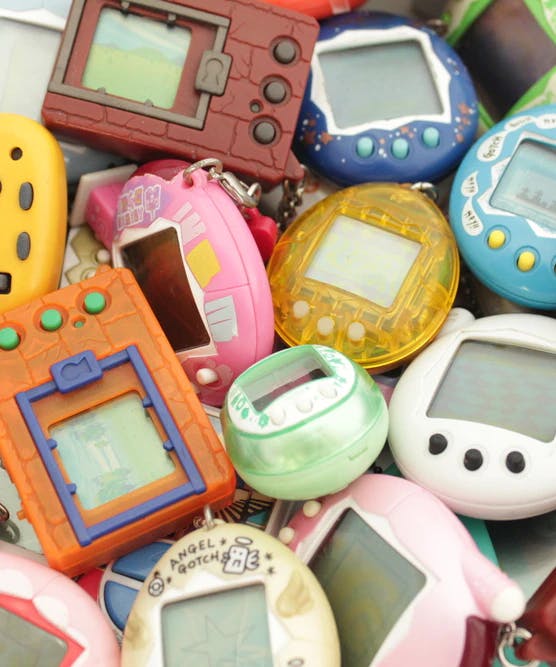The Real Reason Millennials Are Obsessed With Nostalgia
Welcome to the age of nostalgia. From live-action remakes of our favorite Disney films to Saturday morning cartoons streaming on Netflix to a renewed interest in everybody’s favorite neighbor, Mister Rogers, it seems like Millennials don’t want to grow up.

Nostalgia — the “wistful or excessively sentimental yearning” for the past — is not unique to Millennials. But this seeming obsession with all things ’90s looks to some like a failure to launch. Are Millennials just stuck in some kind of nostalgic holding pattern? Or is there something else going on here?
Raised between Two Worlds
Millennials straddle a technological divide that our parents’ generation — or their parents’ generation for that matter — simply didn’t. We remember what it was like before the internet made everything — even the past — readily accessible at the push of a button. We know what it is to lose touch with friends, say, and have no way of finding them again. Or to lose our favorite toy and not know where to go to get another. For most of us, things like computers, iPhones, and social media entered our lives when we were old enough to notice. We remember a time without those things, but we were introduced to them early enough that they're now fully integrated into our lives.
Through the magic of technology, the cartoons we watched as kids are easily accessible online, the toys we played with can be found on eBay, even the friends we had and the teachers we loved can be located without much hassle via social media. Things that would have faded into oblivion, never to be seen again, are suddenly right there at our fingertips. We're literally reliving the past in a way that was impossible before the advent of technologies that came out in our lifetimes.
We remember what it was like before the internet made everything readily accessible at the push of a button.
For our parents, and their parents, that was never an option. From childhood, all the way to adulthood, there was no internet — no easy access to the experiences of their pasts. For our children, the internet will always have been there. They’ll never know what it’s like to not be able to find a friend from summer camp or rewatch a TV show they loved. But Millennials are somewhere in between — we remember a time when the past was out of reach, and we’re tech-savvy enough to make full use of the resources we now have to bring it back within our grasp.
The Power To Relive the Past
With the advent of streaming, social media, and online shopping, Millennials have been offered a lifeline back to their pasts — a lifeline we grew up believing we’d never have. And since Millennials are willing to buy objects and experiences from their past, companies are eager to create those things, leading to a vast, nostalgia-fueled cycle.
“Nostalgia, in a digital age, no longer relies on an individual or specific memory, desire or event,” writes Vicky Spratt on Grazia Daily. “It is fed and encouraged online, topped up relentlessly by easy access to an infinitely recyclable and shareable past.” We have the tools to go back in time, and we’re not afraid to use them.
Since Millennials are willing to buy objects and experiences from their past, companies are eager to create those things.
Would other generations — if they’d had the technology — have sought out their childhoods this way? Attics full of lovingly maintained photo albums, perfectly preserved stuffed animals, or bundles of handwritten letters tell us they probably would. We're all drawn to the past — pulled by that delicious ache that calls to us from a time and place we can never quite access. That isn’t new. But for those of us who remember a time before the internet, the past has come tantalizingly closer than we ever thought it could.
Closing Thoughts
Our obsession with our childhoods isn’t so much a failure to launch as it is a wide-eyed, eager response to a miracle we watched unfold. Everyone yearns for the past. We’re just doing something about it.